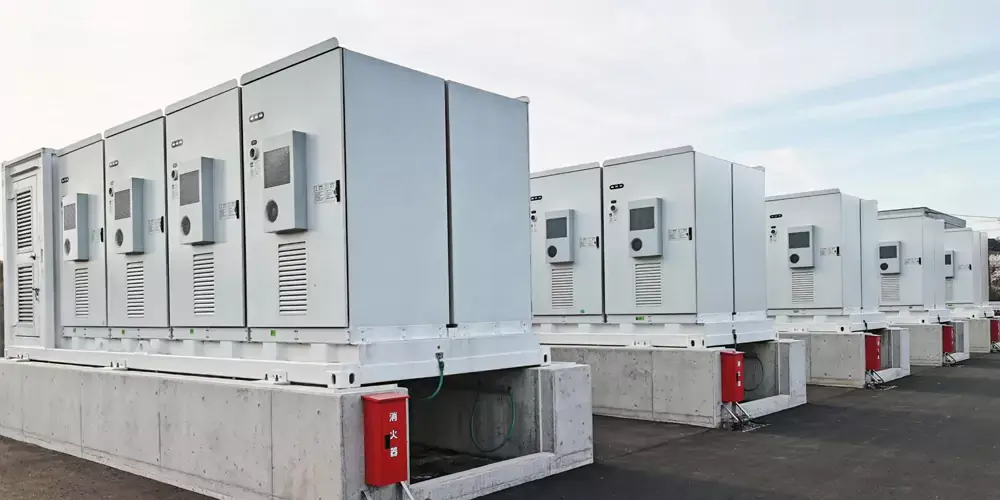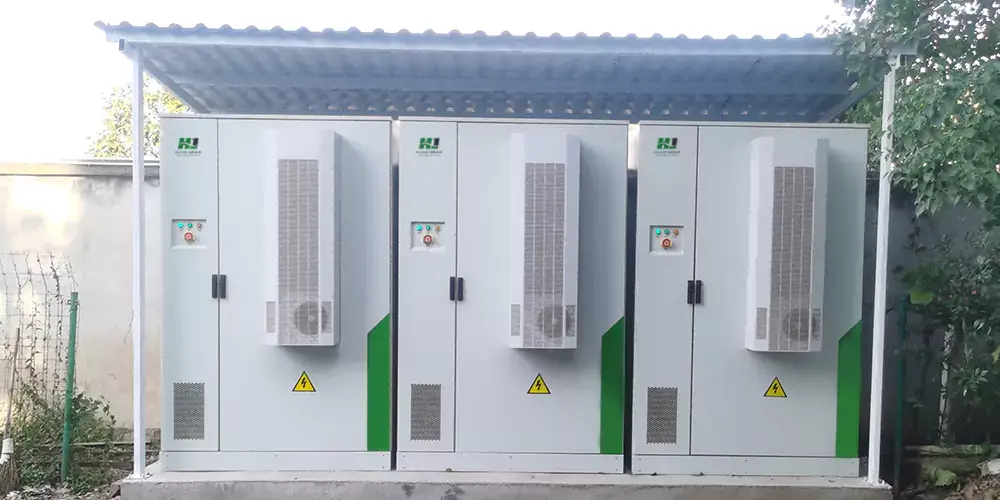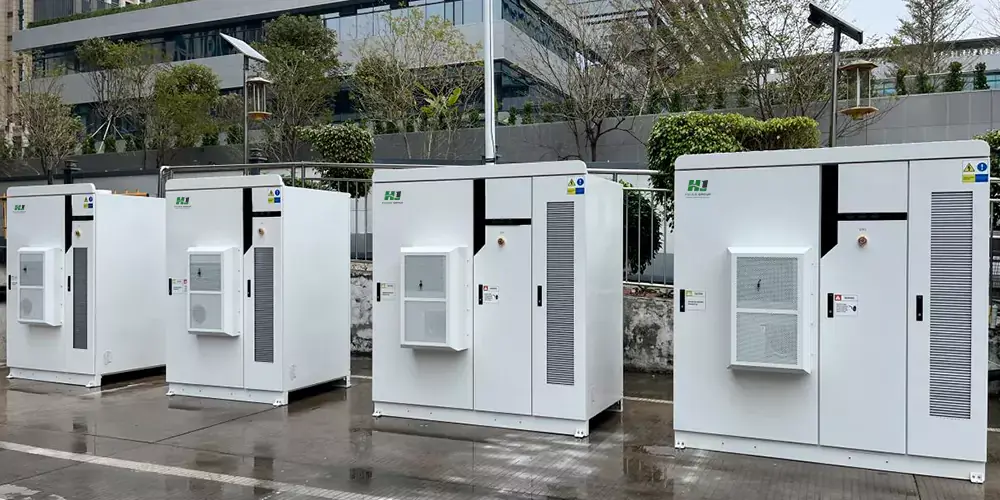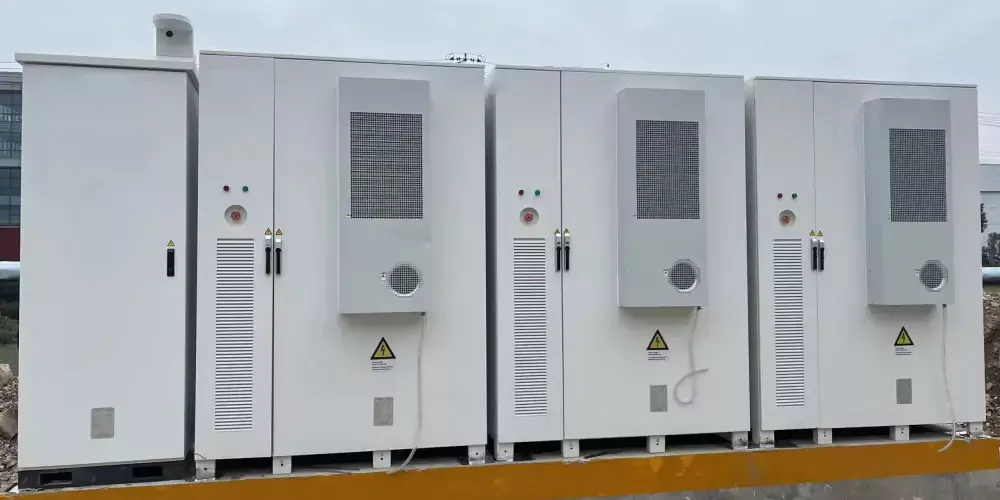Unlocking the Potential of Commercial Energy Storage
In today’s fast-paced business environment, managing energy efficiently is more crucial than ever. Commercial energy storage is rapidly becoming a key player in helping businesses optimize their energy use, cut costs, and enhance sustainability. If you’re curious about how commercial energy storage can benefit your business, this guide will provide you with valuable insights.
What is Commercial Energy Storage?
Commercial energy storage refers to the technology and systems used to store energy for commercial use. This typically involves large-scale battery systems that store electricity for later use. These systems are designed to capture and store excess energy generated during periods of low demand or high production, which can then be used during peak hours or emergencies.
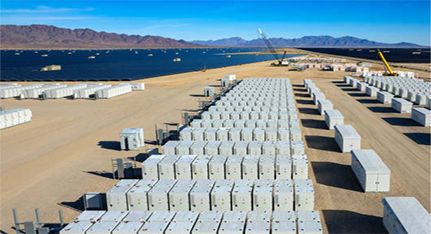
Benefits of Commercial Energy Storage
1.Cost Savings
One of the most significant advantages of commercial energy storage is cost savings. By storing energy during off-peak hours when electricity prices are lower and using it during peak times when prices are higher, businesses can reduce their overall energy costs. This strategic use of stored energy helps manage and lower utility bills effectively.
2.Improved Energy Reliability
Commercial energy storage systems enhance energy reliability by providing a backup power source during outages. In the event of a grid failure or power disruption, businesses with energy storage systems can continue operating normally, avoiding costly downtime and maintaining critical operations.
3.Energy Efficiency
Implementing commercial energy storage improves overall energy efficiency. By capturing excess energy and using it when needed, businesses can make the most of the energy they generate or purchase. This optimized energy management reduces waste and maximizes the utility of available resources.
4.Support for Renewable Energy
For businesses utilizing renewable energy sources like solar or wind, commercial energy storage plays a crucial role. It allows for the storage of surplus energy produced during peak production times, ensuring that this energy can be used even when renewable sources are not actively generating power. This support enhances the viability and efficiency of renewable energy systems.
5.Enhanced Grid Stability
Commercial energy storage systems contribute to grid stability by balancing supply and demand. By storing excess energy and discharging it during peak periods, these systems help stabilize the grid, reducing the risk of blackouts and ensuring a steady supply of power.
Applications of Commercial Energy Storage
1.Office Buildings
In office buildings, commercial energy storage can be used to manage energy use and reduce costs. By storing energy during off-peak hours and using it during peak times, businesses can lower their electricity bills and ensure a reliable power supply for critical office operations.
2.Retail Stores
Retail stores benefit from commercial energy storage by using stored energy to manage high energy demands during business hours. Additionally, having a backup power source ensures that operations continue smoothly in case of power outages, which is crucial for maintaining customer service and inventory control.
3.Industrial Facilities
For industrial facilities, commercial energy storage provides a solution for managing high energy consumption and stabilizing energy costs. The ability to store and use energy efficiently supports continuous operations and reduces the risk of operational disruptions due to power issues.
4.Data Centers
Data centers rely heavily on a constant and reliable power supply. Commercial energy storage systems help ensure that data centers have a backup power source during outages and can also manage energy use to reduce costs. This is essential for maintaining data integrity and uninterrupted service.
Choosing the Right Commercial Energy Storage System
1.Assess Your Energy Needs
Before investing in commercial energy storage, assess your business’s energy needs. Consider factors such as peak energy demand, current energy costs, and the size of your operation. This evaluation will help you determine the appropriate storage capacity and system type for your needs.
2.Consider Integration Capabilities
Ensure that the commercial energy storage system you choose can integrate seamlessly with your existing energy infrastructure. Compatibility with other energy systems, such as solar panels or energy management software, enhances the overall effectiveness of your energy storage solution.
3.Evaluate Quality and Reliability
Opt for high-quality and reliable commercial energy storage solutions from reputable manufacturers. The performance and longevity of your storage system depend on the quality of its components, so investing in a well-regarded system will provide better results and fewer maintenance issues.
4.Professional Installation and Maintenance
Proper installation and regular maintenance are crucial for the effective operation of a commercial energy storage system. Work with experienced professionals to ensure that your system is installed correctly and maintained regularly to maximize performance and lifespan.
Conclusion
Commercial energy storage offers numerous benefits, including cost savings, improved reliability, and enhanced efficiency. By effectively managing energy use and supporting renewable sources, these systems play a vital role in modern energy management strategies. For businesses looking to optimize their energy use and ensure reliable operations, investing in commercial energy storage is a smart and forward-thinking choice.
Contact us
- Email:[email protected]
- Tel: +86 13651638099
- Address: 333 Fengcun Road, Fengxian District, Shanghai
Get A Quote Now!


